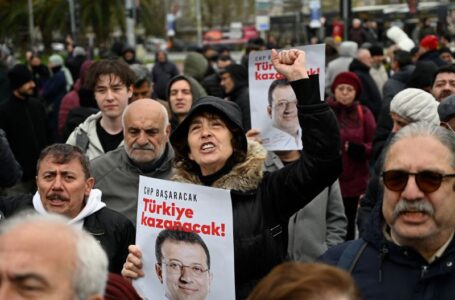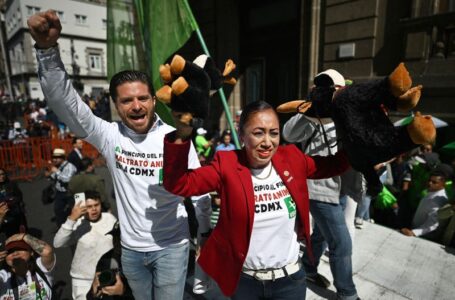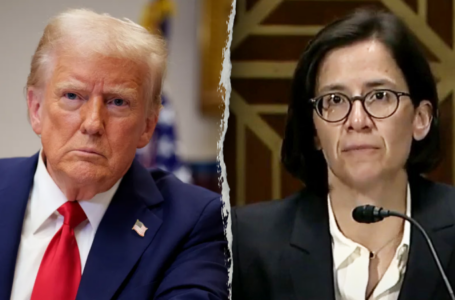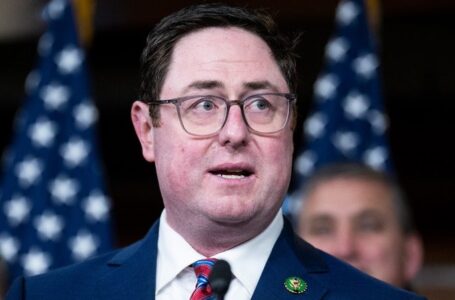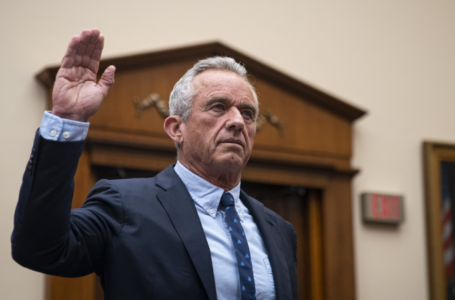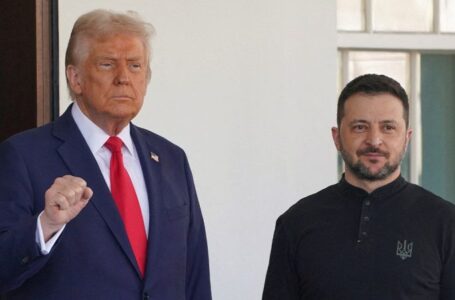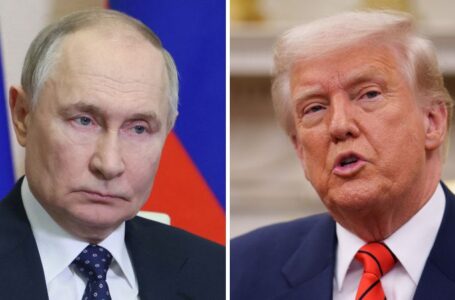Turkey moves closer to endless Erdogan rule as biggest rival detained
‘It’s absurd’: Congress takes bipartisan action after Cuban officials’ tour secure parts of major airport
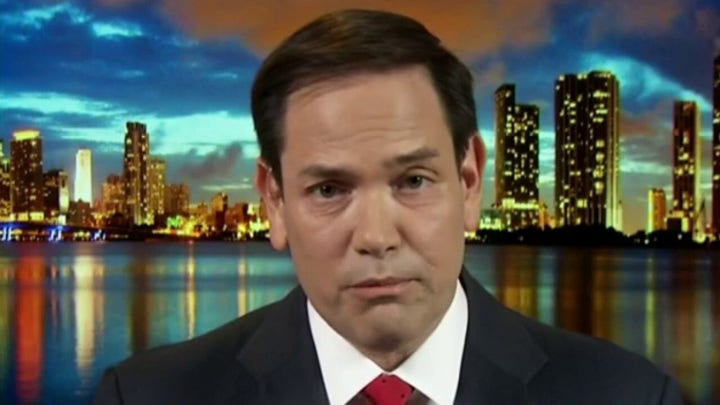

: Florida lawmakers in both the House and the Senate are moving to ban officials from terror-sponsoring countries from viewing sensitive areas of airports, after outrage over a tour of Miami International Airport by officials of the communist Cuban regime.
Rep. Carlos Gimenez, R-Fla., and Sen. Marco Rubio, R-Fla., are introducing legislation in the House and Senate, first seen by Fox News Digital, that would prohibit countries designated as a State Sponsor of Terrorism from touring sensitive parts of airports. It would block the Transportation Security Administration (TSA) from permitting access to secure areas to officials of such governments.
Co-sponsors of this bill are Reps. Debbie Wasserman Schultz, D-Fla., Mario Diaz-Balart, R-Fla., Jared Moskowitz, D-Fla., and Maria Elvira Salazar, R-Fla.
The Secure Airports From Enemies (SAFE) Act’s introduction comes after a tour last month by Cuban officials. CBS News Miami reported that officials said the five-hour tour involved a tour of sensitive areas of the airport, a security checkpoint and a baggage screen area.
The tour brought outrage from Republicans, as well as some Democrats in the state.
‘President Biden & Secretary Mayorkas granted agents of the Castro regime access to our sensitive TSA facilities at Miami International Airport. This pathetic and dangerous decision undermines our national security and puts passengers in serious risk,’ Gimenez said in a statement.
‘It’s absurd America has hosted officials from nations currently designated as State Sponsors of Terrorism. We must ensure this administration is not enabling foreign operatives to learn of our aviation security measures aimed at keeping Americans safe.’ Rubio said.
‘As co-chair of the Cuba Democracy Caucus, I’m deeply concerned by the threat posed to Floridians and U.S. national security by Cuban officials touring secure areas at Miami International Airport,’ Rep. Wasserman Schultz said. ‘I am proud to help lead this bill to protect Americans from transnational surveillance, repression, and terrorism, and safeguard our ongoing support for pro-democracy voices suffering under the cruelty of autocratic regimes like Cuba, Venezuela, and Iran.’
A TSA spokesperson told Fox last month that it ‘routinely works with all countries with direct flights to the United States.’
‘TSA hosts government officials and members of the aviation community at U.S. airports to foster a strong global aviation security posture. U.S. and Cuban authorities jointly manage the airspace between Cuba and the United States and ensure the safety and security of travelers using our airports,’ the spokesperson said. ‘The Republic of Cuba has six last point of departure airports with direct flights to the United States, and accordingly TSA continually works to strengthen the security framework with Cuba and other Caribbean nations.
The agency says that Cuban officials did not access sensitive technology or systems and instead received a general overview of security operations, including equipment that anyone screened can see, along with best practices so that Cuba can implement similar measures. It also said that Miami International Airport recently welcomed officials from Antigua, Barbados, Spain and Brazil for similar visits and that the last such Cuban delegation visit came in August 2018.
The State Department told Fox News Digital that it coordinates the visits with TSA consistent with applicable authorities and procedures. A spokesperson said that Cuba started sending officials to the U.S. in 2011, after the U.S. started assessments of Cuban airports in 2003, and those visits have continued to the current day.
‘Aviation security is clearly in the national interest,’ the spokesperson said. ‘Given Cuba’s proximity and the existence of direct flights to and from our countries, U.S. and Cuban authorities must collaborate while each working to ensure the safety and security of travelers at airports. As we have noted repeatedly, we will engage with the Cuban government when it is in the U.S. national interest to do so.’

